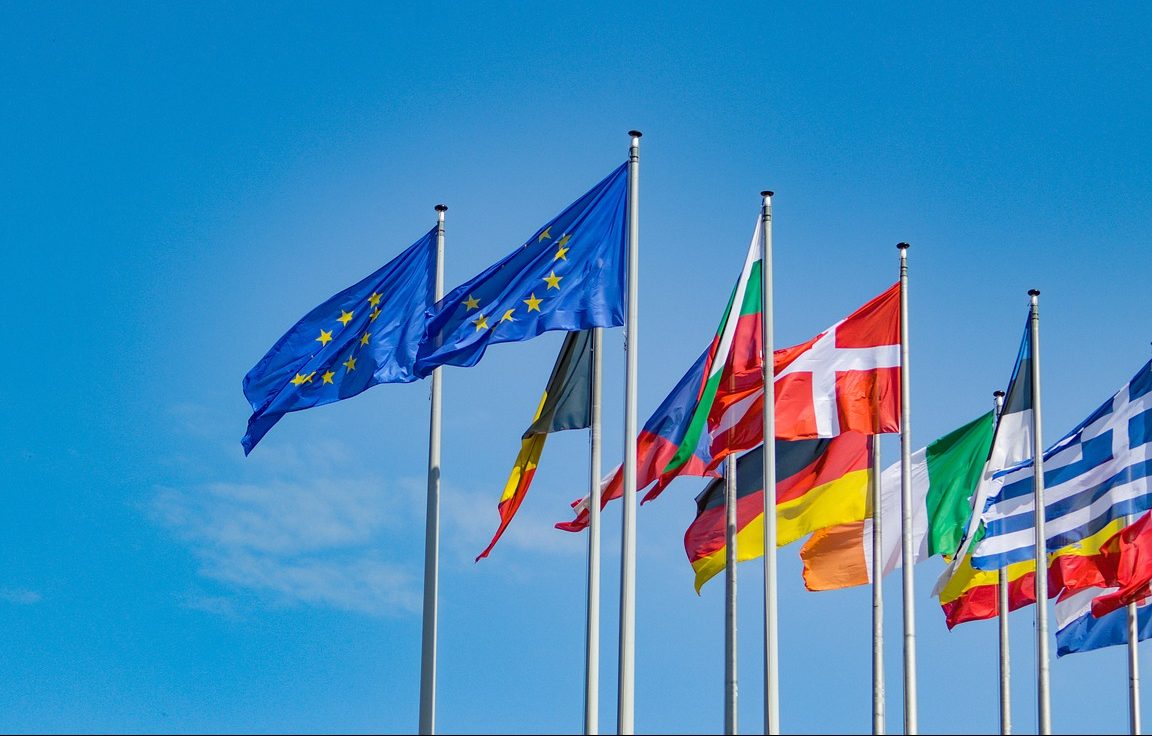
In Foreign Minister Szijjártó's opinion, the strength of the EU is based on the freshness of newcomers.Continue reading

Minister of Foreign Affairs and Trade, Péter Szijjártó emphasized the need to accelerate the accession of Western Balkan countries to the EU, highlighting the prolonged wait they have endured—an average of over 15 years.
Writing on his Facebook page from Washington, Minister Szijjártó argued that delaying their membership undermines the EU’s enlargement policy. “Some people may want exactly that, but we will not allow it, and we will help Montenegro to close at least seven negotiating chapters during our presidency,” he stated.
The politician stressed that integrating the Western Balkans would enhance both regional stability and continental security, a priority for the Hungarian Presidency.
During discussions with Montenegrin and Northern Macedonian counterparts at the NATO summit, he underscored that the region’s stability directly impacts Europe’s security.
“We can see that if there is no stability in the Western Balkans, if there is unrest, if there are conflicts in everyday life, there is a kind of permanent insecurity radiating from there, and we, who have had to live in the shadow of a war for the last two and a half years, do not need another security-type conflict or even security-type instability,” he noted.
Péter Szijjártó highlighted the recent instability in Kosovo and Bosnia and Herzegovina, asserting that EU integration would promote stability and provide a fresh impetus to the community. He lamented the long wait for accession by candidate countries: Serbia for fifteen years, Montenegro for sixteen, and Northern Macedonia for twenty.
The entire enlargement policy of the European Union is discredited by the fact that someone from Western Europe or the Baltic States always wants to put some kind of obstacle in the way of the Western Balkan countries’ membership,” the Minister said.
Mr. Szijjártó expressed Hungary’s commitment to advancing the accession negotiations, particularly focusing on Northern Macedonia and Montenegro. He described Serbia as crucial for regional stability and development, aiming to initiate negotiations during Hungary’s EU presidency. He acknowledged the lack of majority support within the EU for Western Balkan enlargement, noting a disparity between public statements and private positions of some member states.
“It is clear that there is currently no majority support in the European Union for enlargement in the Western Balkans. It is one thing what some member states say in public and another what they advocate behind closed doors,” he remarked.
Finally, the Foreign Minister emphasized Hungary’s support for Serbia, criticizing efforts to hinder Serbia’s accession process.
“They are trying to slow down the accession process of the Serbs in all sorts of artificial ways. This is absolutely against our national interests, therefore we will continue to focus on helping our Serbian friends in the European integration process as much as possible,” he stressed.
Via MTI; Featured Image: Pixabay